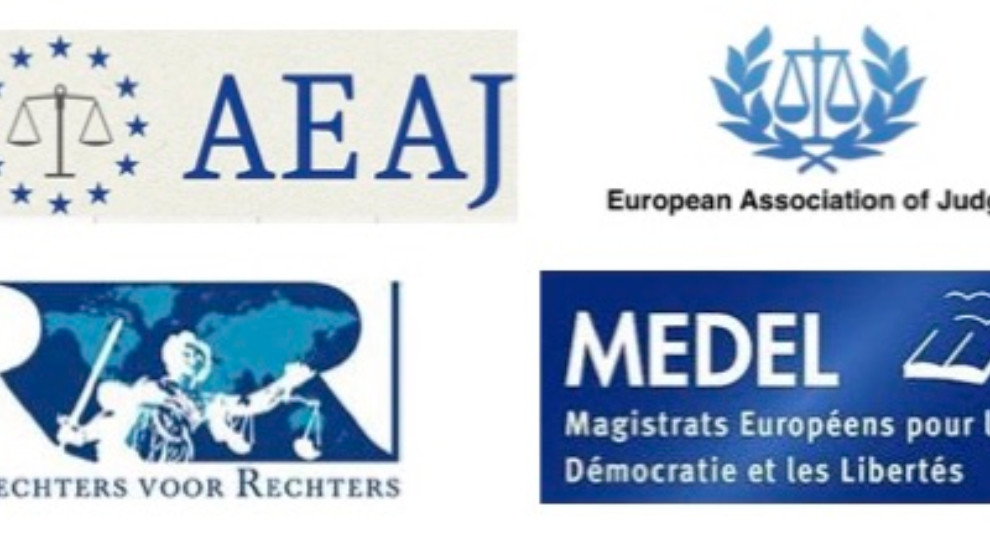Edith Zeller m.p., President of the Association of European Administrative Judges (AEAJ); José Igreja Matos m.p., President of the European Association of Judges (EAJ); Tamara Trotman m.p. President of Judges for Judges and Filipe Marques m.p., President of Magistrats Européens pour la Democratie et les Libertés (MEDEL) wrote to President Erdogan urging him to "use your authority to include the imprisoned judges and prosecutors in the list of prisoners, whose sentences are going to be postponed or who will be put under house arrest."
The letter reminded that "overcrowded prisons, which were identified in Turkey e.g. in the EU Turkey 2019 Report 2019 (SWD(2019) 220 final), are undoubtedly a concrete danger not only for prisoners and guards but also for the outside world. The undersigned associations have taken notice that Turkey in the light of the corona virus crisis envisages to improve the prison conditions by releasing a great number of prisoners. We see this measure to reduce the number of prisoners as a positive decision, which has already been taken in other countries. Extraordinary situations demand extraordinary measures."
The letter added: "We address you to draw your attention to the fact that among the prisoners there is a significant number of judges and prosecutors, who are detained as suspected of or sentenced for being members of a terrorist organisation (FETÖ). We are worried that they are therefore excluded from the early parole draft law even though they have not committed any violent acts."
Decisions on early release during the ongoing pandemic crises, said the judges, "should be non-discriminatory - taking into consideration the imperative of protecting their health - and objective, based on the risk prisoners may pose to others if released early. Thus these colleagues should be considered for this measure on the same grounds as any other prisoner without bias or predefined restrictions."












